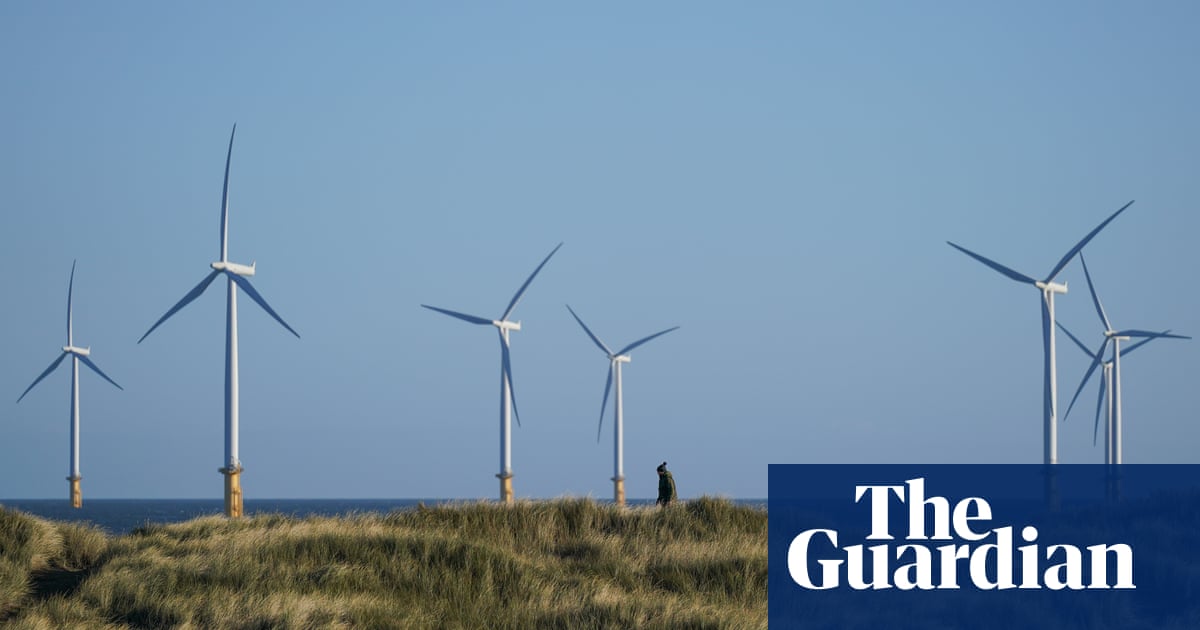
The UK government is considering plans to subsidise bills for energy-intensive industries such as steel and cement as companies face sharply rising electricity prices.
The government proposals, released on Friday, would also mean lower costs for firms in the paper, ceramics and glass sectors.
The plans would help about 300 businesses that support 60,000 jobs, the Department for Business, Energy and Industrial Strategy (BEIS) said.
The latest intervention follows further targeted government support for high energy usage firms in April, and comes amid soaring gas and electricity costs and the prospect of a lengthy recession.
If implemented, the support scheme would raise the exemption for businesses from certain environmental and policy costs from 85% to up to 100%.
The business secretary, Kwasi Kwarteng, said: “British manufacturers are the lifeblood of our economy and central to our plans to overcome this period of economic uncertainty.
“With global energy prices at record highs, it is essential we explore what more we can do to deliver a competitive future for those strategic industries so we can cut production costs and protect jobs across the UK.”
BEIS said the scheme reflected the fact that UK companies faced higher industrial electricity prices than those in other European countries.
It added that the higher prices could “hamper investment, competition and commercial viability” of those firms.
Gareth Stace, the director general of the industry body UK Steel, said the plans would provide relief in “extremely challenging circumstances”.
In a statement, he added: “While there remain difficulties, this announcement demonstrates that [the] UK government understands the challenges of British industry and continues to support steelmakers and steel communities across the country.”
The latest proposed subsidies come as crunch talks with the owner’s of the UK’s biggest steelworks loom for the winner of the Conservative leadership contest – either Rishi Sunak or Liz Truss.
India’s Tata group, which owns Port Talbot in south Wales, has been in discussions with the government over subsidies worth £1.5bn to fund its decarbonisation plans.
But talks stalled after the prime minister, Boris Johnson, made a decision not to take any significant economic commitments prior to a new Tory party leader taking over in September.
If the frontrunner, Truss, is successful, Kwarteng is understood to be in the running for chancellor and is thought to value the steel industry as an important pillar of the British economy.
The steel industry contributed £2bn to the UK economy in 2020, according to a House of Commons briefing paper.












